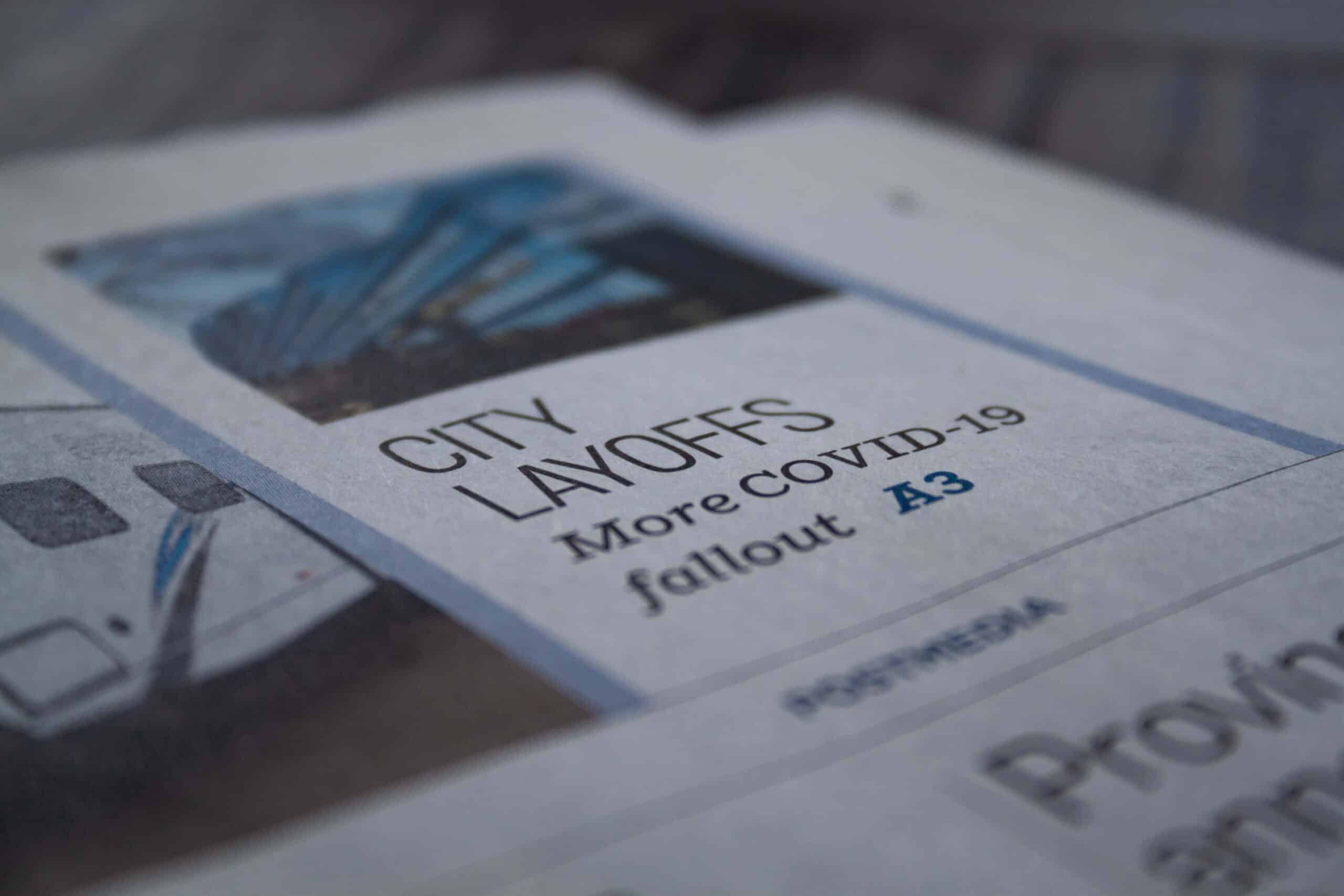Contractors and Freelancers: A Finger in the Dam in the Face of Layoffs

Last week I spoke to a client whose tech company recently had a round of layoffs. In addition to the survivor’s guilt and other expected emotions he was experiencing, he was concerned about some of the less obvious repercussions. One of the victims of the layoffs hadn’t just been a tech whiz—she’d been a talented writer and editor, putting masterful touches on all kinds of internal and external communications. My client’s company was about to get walloped by diminished quality in areas they didn’t even imagine would be affected.
Welcome to 2023, and the domino effects of the layoff epidemic continuing from last year, with an estimated 150,000 lost in just the tech sector. Last month alone, Alphabet (Google’s parent company), Microsoft, Amazon, Salesforce, and Goldman Sachs announced layoffs impacting more than 50,000 employees combined. And the first half of February has already seen more than 12,000 at Dell, Yahoo, Zoom, eBay, GoDaddy, and others, according to the tech layoffs tracker Layoffs.fyi.
While companies and full-time employees struggle to adjust in the wake of the layoffs, a temporary workforce—in the form of contractors and freelancers—can cushion the impact.
Freelancers and contractors can lend a helping hand
Using contractors has become an increasingly popular way to fill a need. One study of decision-makers in the hiring process showed that 50 percent reported having relied more on freelancers in 2022 than 2021. And another cited 71% of founders and execs who said economic uncertainty has made them more likely to bring in outside workers.
Contractors can function as independent workers, or as part of blended teams with full-time employees. But how can you tell when it makes sense to bring people in from the outside, and how can you source contractors that would be the best fit?
When & why to use contractors
- If a company has a project that’s not expected (or guaranteed) to last beyond a short time, it’s cumbersome and risky to hire full-time staff. There’s the cost of full onboarding and benefits. And there’s less of a chance the position would be attractive to a high-quality professional if they suspect it might not last.
- Contractors can be hired on an as-needed basis, brought in strategically to fill a department hole, handle an entire project, or anything in between. Typically, they’re most efficiently used on projects that don’t require institutional memory or a high level of security clearance (while still participating in NDAs and other confidentiality agreements).
- Independent contractors tend to be up-to-date on the latest technologies and trends, and have gained expertise by pulling techniques and best practices from diverse projects with a range of clients.
- Using contractors helps companies who’ve gone through layoffs maintain a stable reputation rather than further adding and terminating staff. And when a hiring need does arise in the future, the experience of having worked with a contractor helps with both a company’s flexibility and their long-term strategic plan. A bit like the adage that it’s better to live in a house for a little while before jumping into a renovation.
Finding your best-fit partnership
- A contractor can be selected specifically for their strength in a certain function, or for a specific project. An outside agency will most likely have multiple people to fill different aspects of a company’s need gap—say, a tech contractor familiar with sales, a writer with a background in tech, or even a project manager. Ask if the contractor’s firm is only able to fill one role, or many.
- Where to find a good contractor? There are associations of freelancers in a wide range of industries. They can highlight the qualifications and certifications to look for, indicators that a contractor holds a certain level of proficiency. Platforms like LinkedIn and Facebook have professional groups that will contain some contractors open to work (some marked with the helpful profile banner, “#opentowork”). When interviewing, make sure they’re familiar with your industry niche, your brand, and can show you samples of similar work done for other clients. Have a defined onboarding process to bring them up to speed efficiently and effectively.
- A contractor’s references are easy to check at a glance. Longstanding and repeat clients speak for themselves on a CV; freelancers who don’t deliver aren’t re-hired, and their entire viability depends on their reputation.
In times like these, agencies like Wordsmithie can help. We are a remote, distributed team of specialists that can assist in all manner of writing, marketing, and branding needs. Don’t hesitate to reach out if you need our help!



























